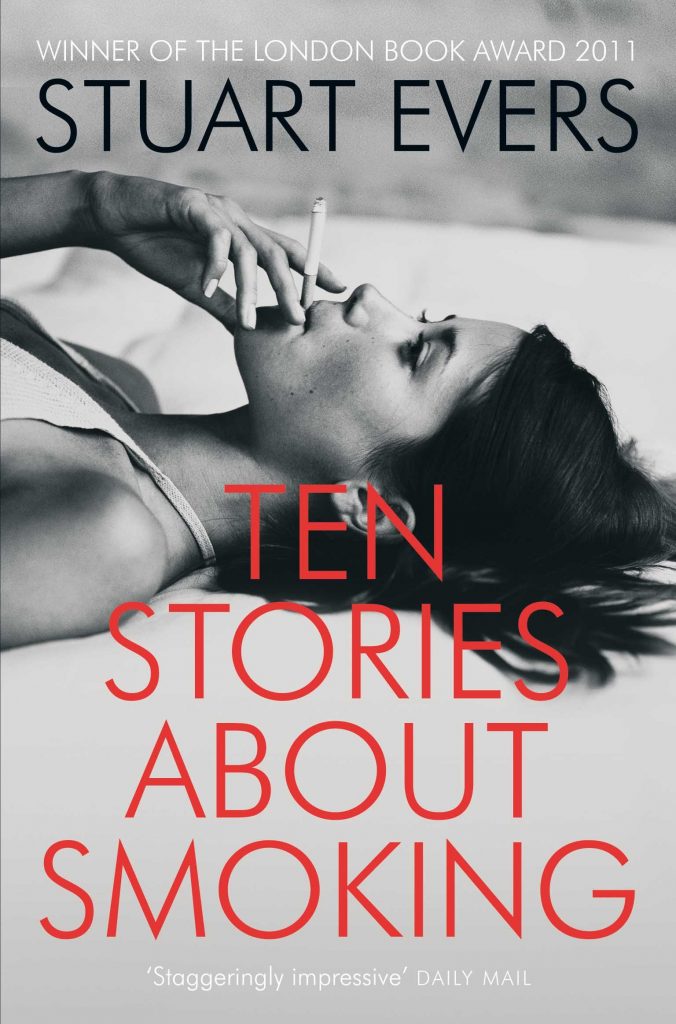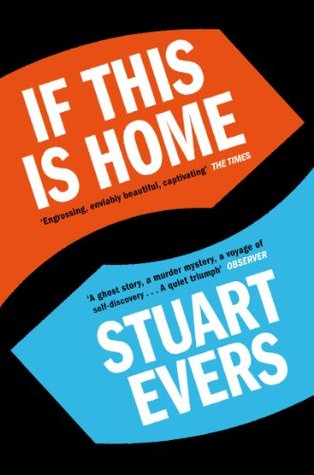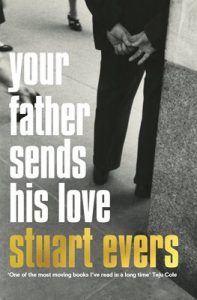Today we’re talking to Myfanwy Collins. Over the past 25 years, Myfanwy Collins has written and published three books, numerous freelance articles, advertorial, web content, newsletters, blog posts, book reviews, short fiction, and essays. She has also worked as a ghost writer, editor, and creative writing teacher to continuing education students. And, Myfanwy just happens to be the office manager at Firebrand Technologies, NetGalley’s parent company.

How do you set your goals?
I’ve always been goal oriented so I truly like to make goals and stick to them. I have different goals for large projects than for small ones. For instance, I will say to myself that I’m going to finish a draft of this manuscript by x date, which is usually something that corresponds with my Astrologyzone monthly horoscope. Not even joking. One time I told myself I could not watch the latest season of Game of Thrones until I finished my manuscript. If it’s a quick project, I will tell myself I can’t have a glass of wine or piece of chocolate or whatever until I finish. Basically, my jam is a mixture of astrology and denial and treats. I guess I’m sort of like my dog that way.
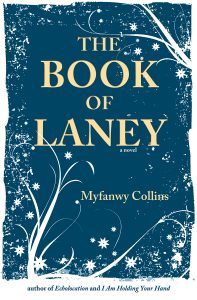
Describe your routines as a writer and how they help you stay on track with your goals:
I got divorced two years ago which sort of blew my routines to smithereens. I’m just now beginning to reclaim and rework them. With that said, I’ve never been a sit at my desk every day and write person. I will do that if I have a project I’m working on and excited about and then I tend to blast through the first draft pretty quickly. After the first draft, I put the manuscript away for a period of time (weeks or sometimes months) and then come back and revise and then put away again and revise until I feel it is ready for other readers. At that point, I pull in my trusted readers and gather their feedback. My trusted readers are my friends who write. They don’t all write the same types of things, but they all know and understand my work and what I am trying to achieve and aren’t afraid to ask me hard questions or tell me when something’s off. Also, they know how I like to receive feedback. Once their feedback is incorporated and I feel like I have done all I can do, I send the manuscript to my agent and wait for her feedback. After her feedback, I revise and return it to her and repeat this until the manuscript is as good as we think it can be.
As for shorter work, one new routine I am really enjoying is that my fiance Evan (also a writer!) and I taking part in #submissionsunday on Twitter each week. We submit at least one piece of work to a venue each Sunday. Doing this is actually making me eager to work on new pieces.
How did you develop your writing routines?
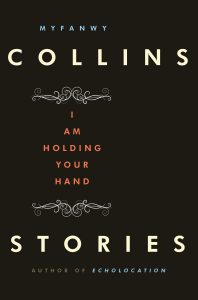
I have been writing professionally for nearly 30 years at this point and so my routines have been established over time as I worked. When I was younger, I was more impatient to get work out there when it really wasn’t ready to be seen. I was essentially giving all editors an opportunity to say no to my work. After several years of that I began to learn about the importance of taking my time during revision. I learned this also through years of being a reader for various literary journals. When you read submissions you tend to read a lot of work that could have used more time and more revision. Reading submissions is something I cannot recommend highly enough to writers. It really does help you understand your own shortcomings as a writer.
Ask journals if they need help. You can also look on their websites and see if they have any openings listed. Another place to look is on Twitter. If you follow a lot of writers and journals (as I do) you will often see calls for readers or interns. Finally, I think Submittable probably posts some openings. Pretty much all reader positions are unpaid (mine were) and they do require quite a bit of work but I promise you they pay off is that your own writing will improve.
What routines have you tried that didn’t work for you? Why didn’t they work?
I’ve tried to use writing prompts in the past in order to get myself writing more but they generally don’t work for me because I’m a bit of a rebel.

What do you do when you feel stuck?
I do a couple of things:
- I read (I do this all the time anyway but I do it more so when stuck).
- I force myself to sit at the page and I set a timer for myself for 20 or 30 minutes and tell myself I must write during that time. It helps me get past the anxiety of the blank page. This is something I recommend to my writing students as well and it’s been very helpful to them.
- I go back to Julia Cameron’s The Artist’s Way and work the program. The book is a 12-step program for creative people and it is so immensely helpful. In fact, I think I’m past due for another session.
Describe the balance between having a full-time job, family, and writing. How do you manage both?
This is the hardest balance. It was hard when I was a part-time working married mother and It’s hard now as a full-time working divorced mother. My child and family come first in all things and so writing becomes secondary when I am momming. Since I am divorced, there are times when my son is with his dad and so I could be writing but am often sad and missing my kid which gets in the way of writing. But the good news is that I have a really great therapist! I’m starting to listen to her about using my time more wisely instead of allowing myself to be mired in grief.
How do you think about finding a job that supports you financially and supports your writing? Do you need something that leaves room in your mind for creative work, something that keeps you in the habit of deep thinking and frequent writing, something else altogether?
Financial support is key to me and so that is always my first priority. With that said, it is wonderful to have a part of my current job that feeds me creatively. I think if my job were writing all day, I might not pay any attention to my own creative writing. So right now I have a job that is one part business oriented, one part process oriented, and one part creative. It’s a really nice mix.
For more perspectives on creating a successful schedule as a writer, check out our interview with Stuart Evers!


